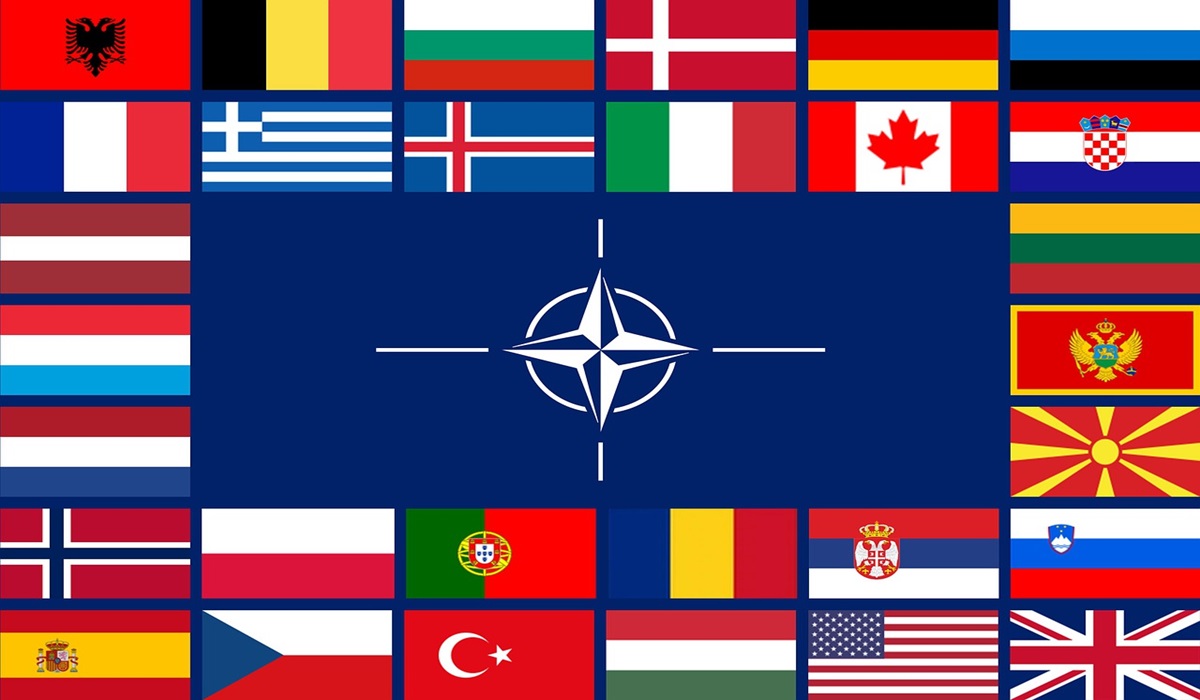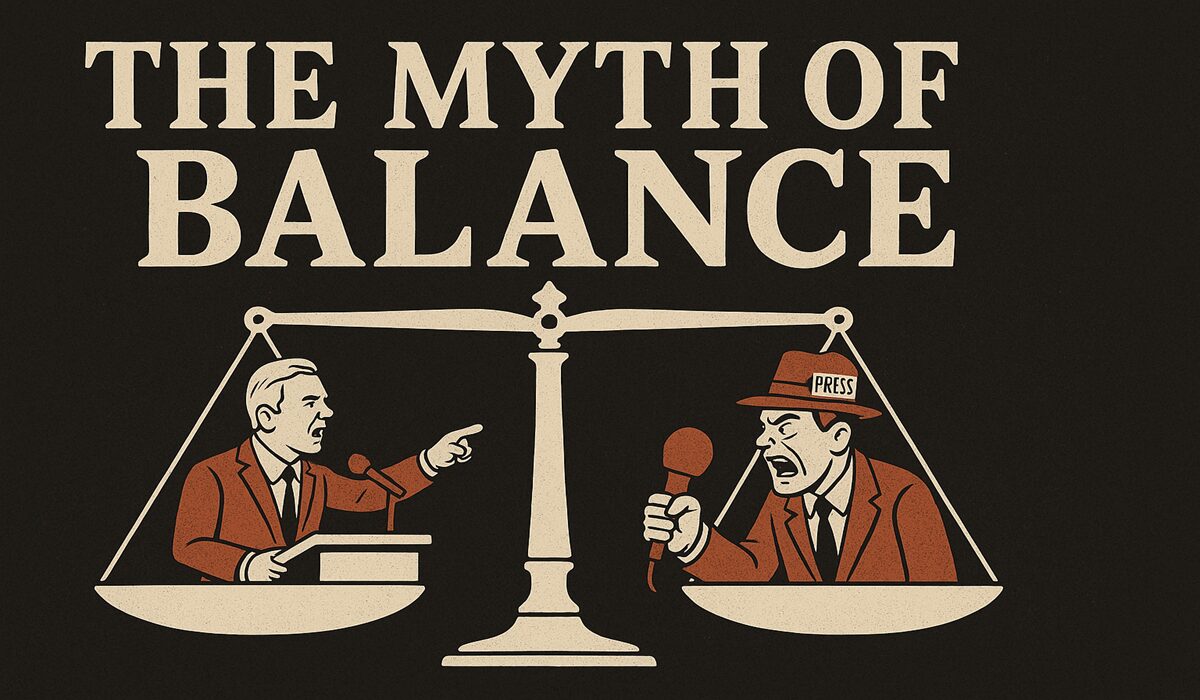The Implications of a NATO Member Attacking Another: Understanding Article 5
- TDS News
- D.O.C Supplements - Trending News
- World News
- January 14, 2024

The North Atlantic Treaty Organization (NATO) holds a prominent position as a key global military alliance, founded on principles of collective defense and mutual assistance among member states. However, the prospect of a member nation attacking another raises concerns about the alliance’s coherence and mechanisms to address such a scenario.
A pivotal element in NATO’s collective defense commitment is encapsulated in Article 5 of the treaty. This article asserts that an armed attack against one member will be considered an attack against all members. Article 5 underscores the solidarity of NATO members and unified response in the face of aggression.
The notion of a NATO member attacking another appears counterintuitive, given the alliance’s core purpose of safeguarding its members from external threats. Nevertheless, the repercussions would be severe in a hypothetical scenario where such an event occurs, undermining trust and unity and challenging the organization’s credibility and purpose.
If a NATO member were to attack another, the affected member could invoke Article 5, prompting a collective response from the alliance. This invocation leads to consultations among member states to assess the situation and determine an appropriate response, intending to restore and maintain security in the North Atlantic area.
Upon invoking Article 5, members must treat the attacked member’s situation as an attack against themselves. The alliance’s response may involve diplomatic measures, economic sanctions, and, if necessary, military force to repel aggression and restore peace. This response is tailored to the specific circumstances, with NATO aiming to act proportionately and justly.
While NATO has not yet encountered a situation necessitating the invocation of Article 5 due to an attack between member states, the alliance is obligated to collective defense against external threats. The most noteworthy instance was the activation of Article 5 following the terrorist attacks on the United States on September 11, 2001. NATO members rallied together to support the U.S., marking the first and only time Article 5 has been invoked in the alliance’s history. As the international geopolitical landscape evolves, maintaining the principles of collective defense remains increasingly crucial for the stability and security of the North Atlantic region.








